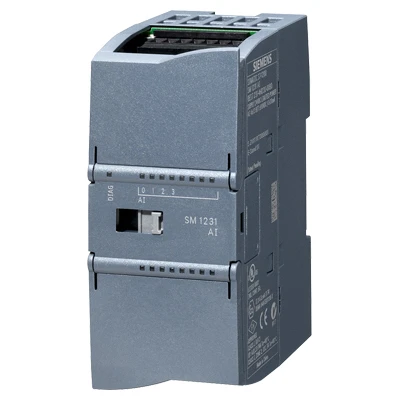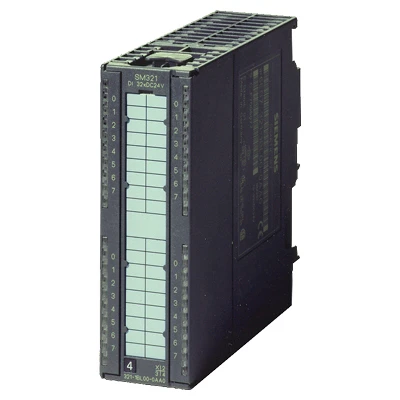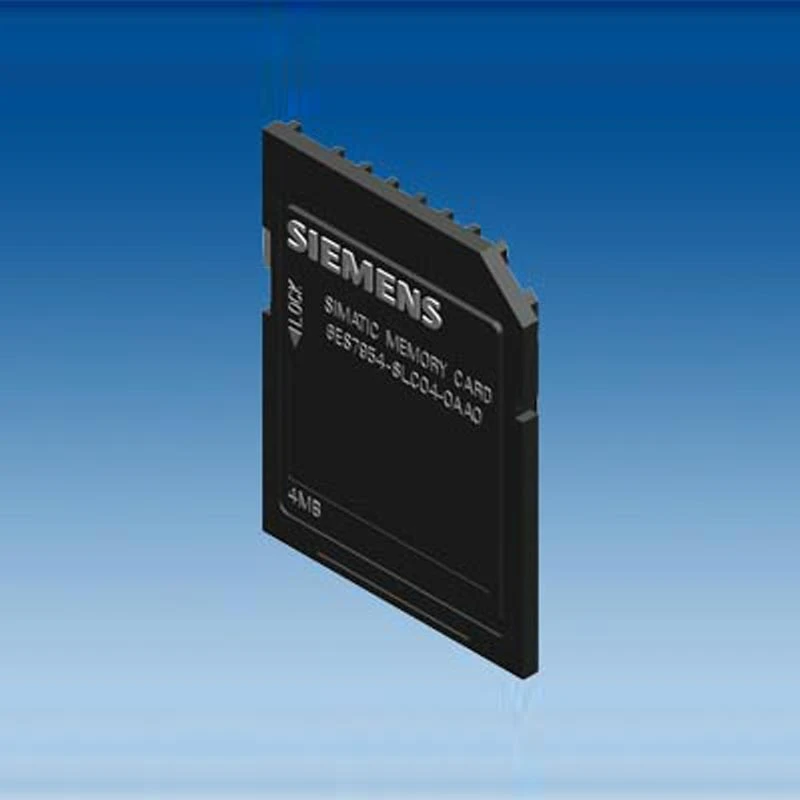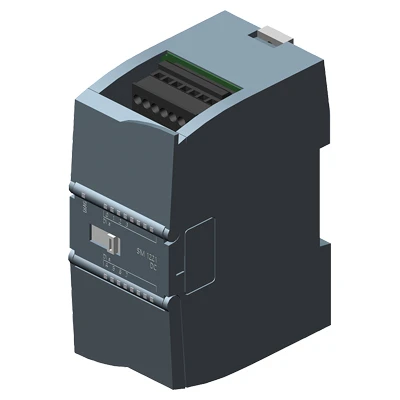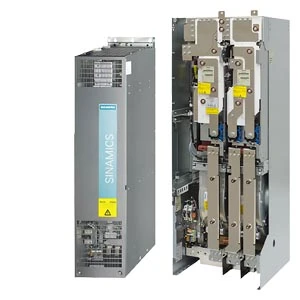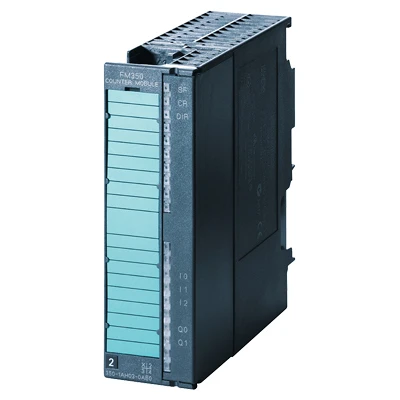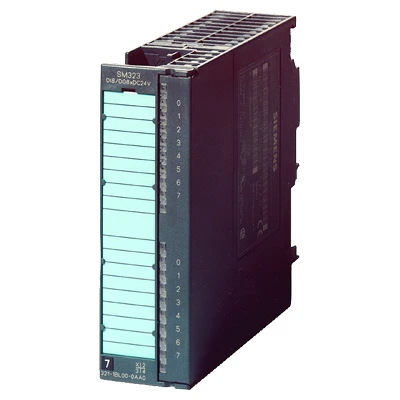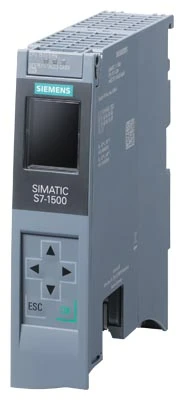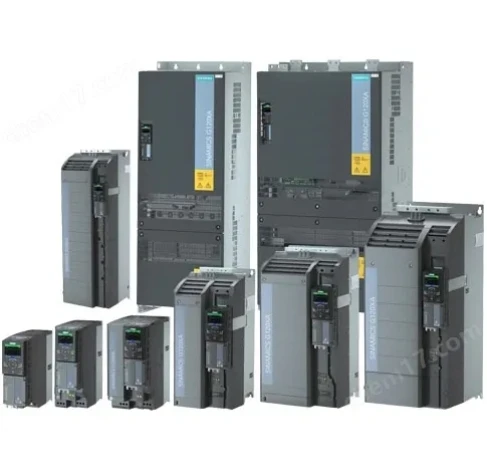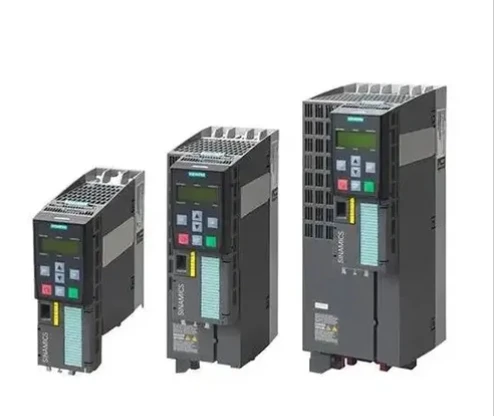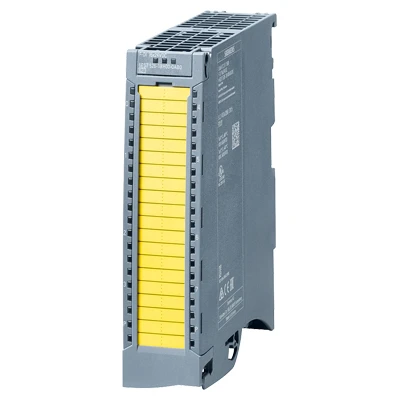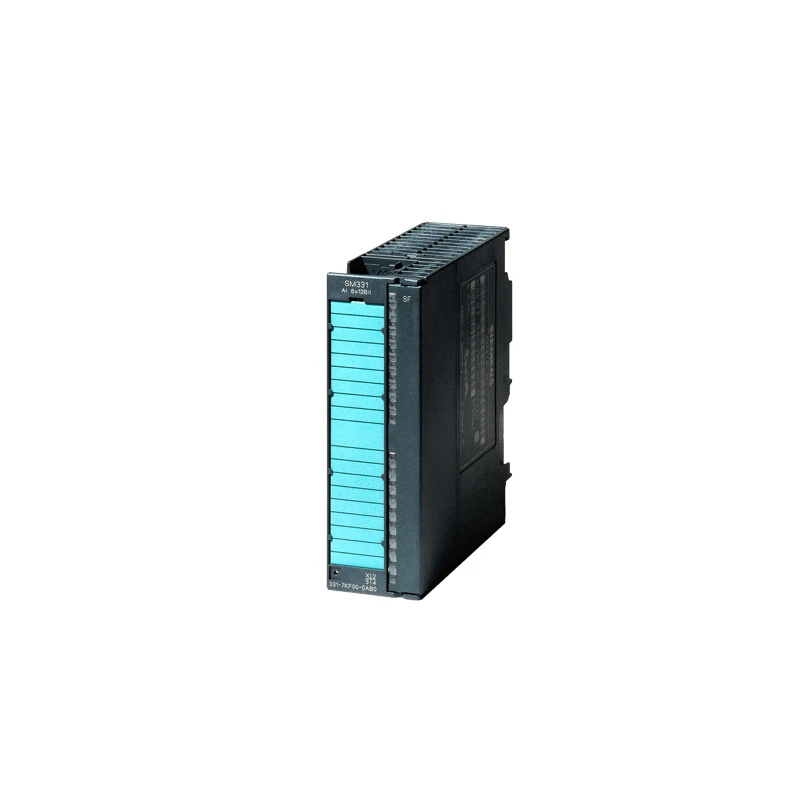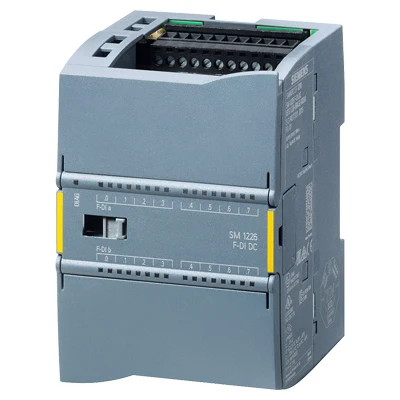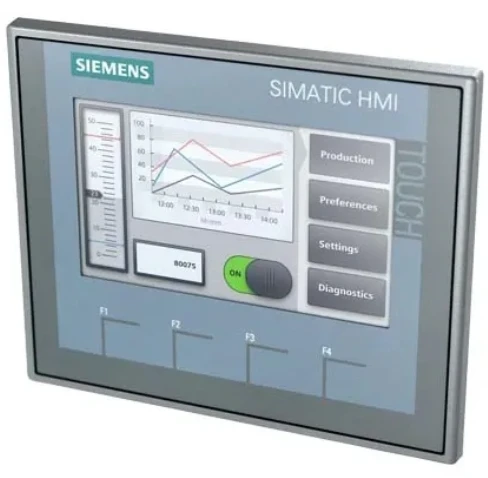The Evolution of Industrial Central Processing Units
Industrial Central Processing Units (CPUs) form the computational backbone of modern automation systems. Unlike consumer-grade processors, industrial CPUs are engineered to withstand harsh environments while delivering deterministic performance. Today's Central Processing Unit technologies have evolved into sophisticated architectures capable of handling complex control algorithms, real-time data processing, and machine learning applications simultaneously. The International Federation of Robotics reports that 76% of manufacturing processes now rely on specialized industrial CPUs, highlighting their critical role in Industry 4.0 ecosystems.
Key Technical Parameters in Modern Industrial CPUs
The selection criteria for industrial Central Processing Units has expanded significantly beyond basic metrics. Processing speed remains paramount, with current-generation CPUs operating at frequencies exceeding 1.8 GHz across multiple cores. According to benchmarks published in the Journal of Automation Engineering (2022), modern industrial CPUs demonstrate 210% faster execution times for complex ladder logic compared to early 2010s equivalents. The evolution of memory technology has equally transformed capabilities: contemporary controllers feature up to 20MB of non-volatile memory and support for flash storage expansion, enabling comprehensive data logging capabilities that were previously unattainable.
| Parameter | Entry-Level | Mid-Range | High-Performance |
|---|---|---|---|
| Clock Speed | 600-800 MHz | 1.0-1.4 GHz | 1.8-2.4 GHz |
| Memory Capacity | 128 KB RAM/1 MB ROM | 512 KB RAM/8 MB ROM | 2 MB RAM/20 MB ROM |
| I/O Handling | 256 digital I/O max | 2048 digital I/O max | 8192 digital I/O max |
| Power Consumption | 8-15W | 15-30W | 30-70W |
| Temperature Range | 0°C to 55°C | -25°C to 65°C | -40°C to 85°C |
| Communication Protocols | MODBUS, PROFIBUS | Ethernet/IP, PROFINET | OPC UA, TSN, EtherCAT |
| MTBF (Hours) | 100,000 | 250,000 | 500,000+ |
Application Scenarios
Different industrial environments impose unique demands on Central Processing Units. Water treatment facilities require specialized CPUs with corrosion resistance and wide temperature tolerance, capable of managing complex process algorithms over extended operational periods. Food processing lines utilize industrial CPUs certified for hygienic designs with direct IP69K washdown protection. The automotive industry leverages high-performance CPUs capable of microsecond-level response times essential for robotic assembly. At the forefront of innovation, Yongkai's CPU solutions integrate seamlessly across these diverse applications, offering configurable platforms for process-specific optimizations.
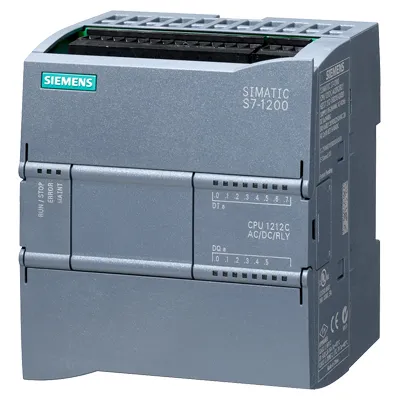
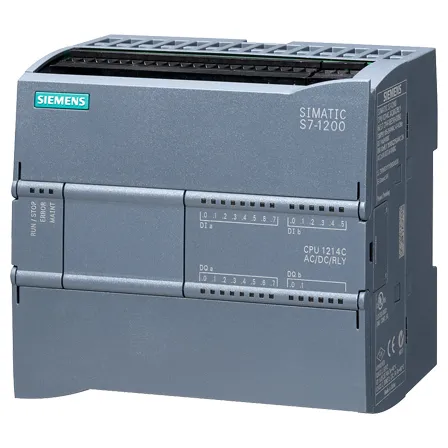
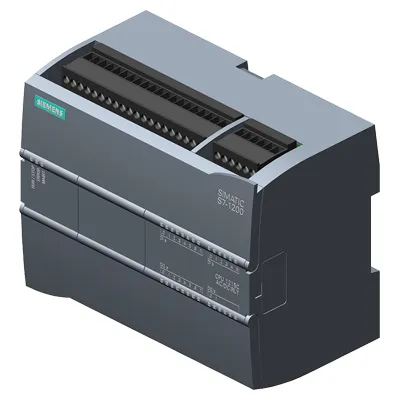
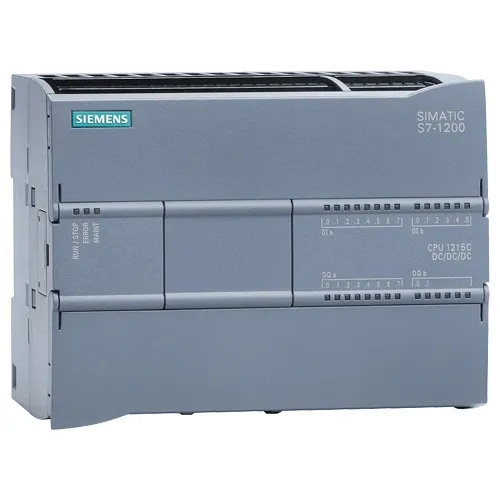
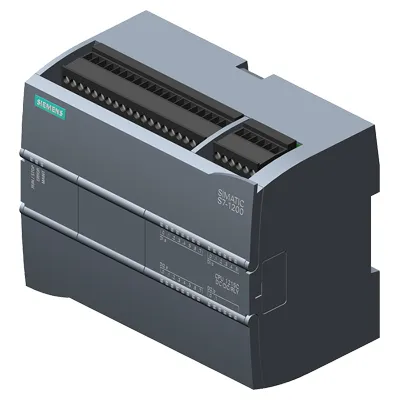
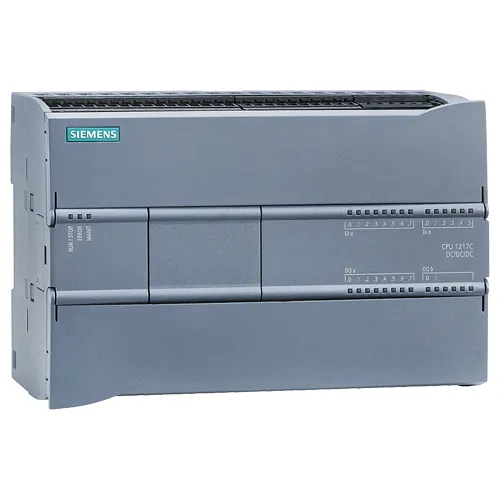
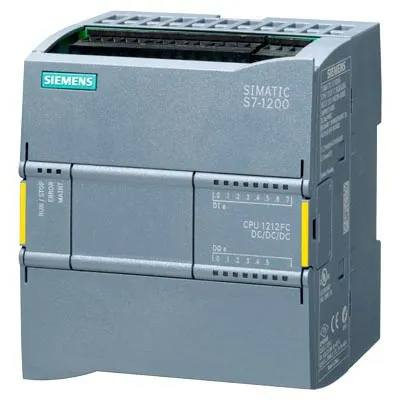
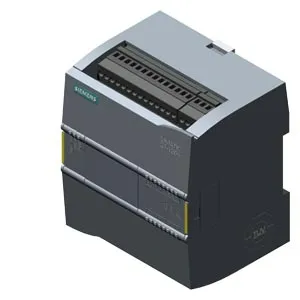
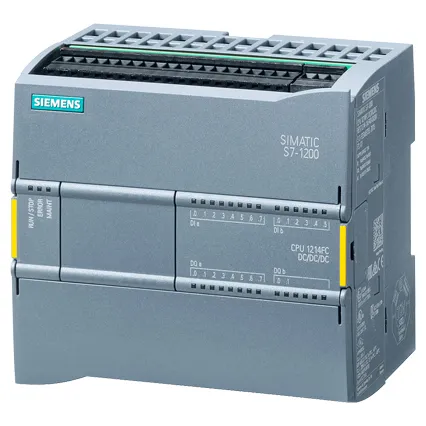
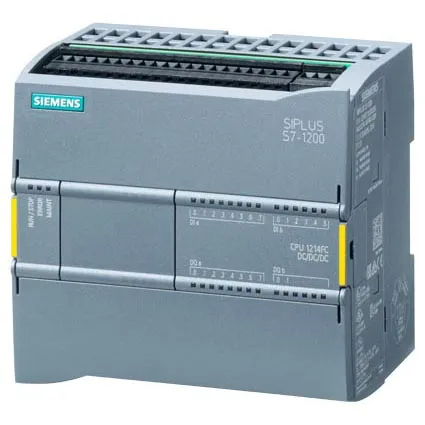
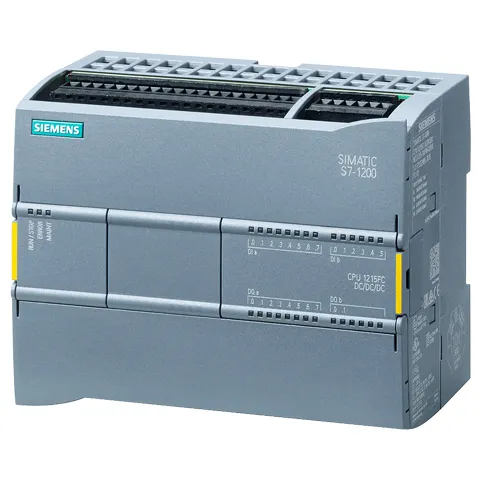
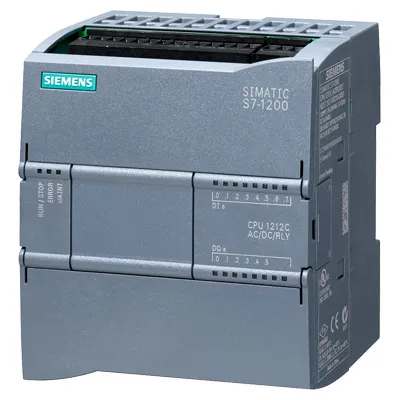
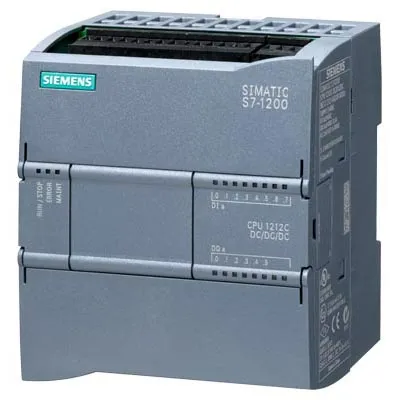
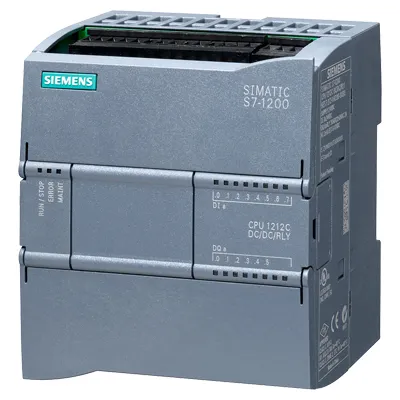
Technical Architecture
The latest Central Processing Units employ multi-core architectures specifically optimized for industrial control tasks. This represents a paradigm shift from single-core processors dominant in early systems. Contemporary CPUs utilize asymmetrical multiprocessing configurations: dedicated real-time cores manage time-critical control functions while application cores handle HMI processing, data analytics, and communication protocols simultaneously. Implementation of cache hierarchies follows principles adapted from high-performance computing, with L1 cache optimized for interrupt latency minimization rather than pure computational throughput. Floating-point unit performance has seen particularly significant gains, with IEEE 754-compliant FPUs now standard across mid-to-high-end industrial CPUs, enabling sophisticated motion control algorithms previously requiring coprocessors.
Future Trends
The Industrial Internet of Things (IIoT) is transforming Central Processing Unit requirements beyond conventional control functions. Next-generation CPUs are integrating hardware-level cybersecurity features, including cryptographic accelerators and secure enclave technology validated against IEC 62443 standards. Edge computing capabilities are being incorporated directly into PLC architectures, enabling data processing at source. The adoption of Time-Sensitive Networking (TSN) represents another pivotal development, with modern industrial CPUs incorporating specialized network processors to manage deterministic Ethernet communications crucial for multi-vendor system integration. Research consortiums including the Industrial Internet Consortium predict that AI-capable industrial processors will see 300% market growth by 2028, creating demand for neural processing units within standard control architectures.
References & Industry Citations
1. Industrial Automation Processing Journal (2023) - "CPU Architectural Advancements in Modern Control Systems" https://www.iaj-automation.org/vol12/pp45-67
2. IEEE Control Systems (2022) - "Processor Performance Benchmarks in Distributed Industrial Applications" https://ieeexplore.ieee.org/document/9875423
3. IFR World Robotics Report (2023) - "Industrial Processor Utilization Statistics" https://ifr.org/research/processor-utilization-2023

